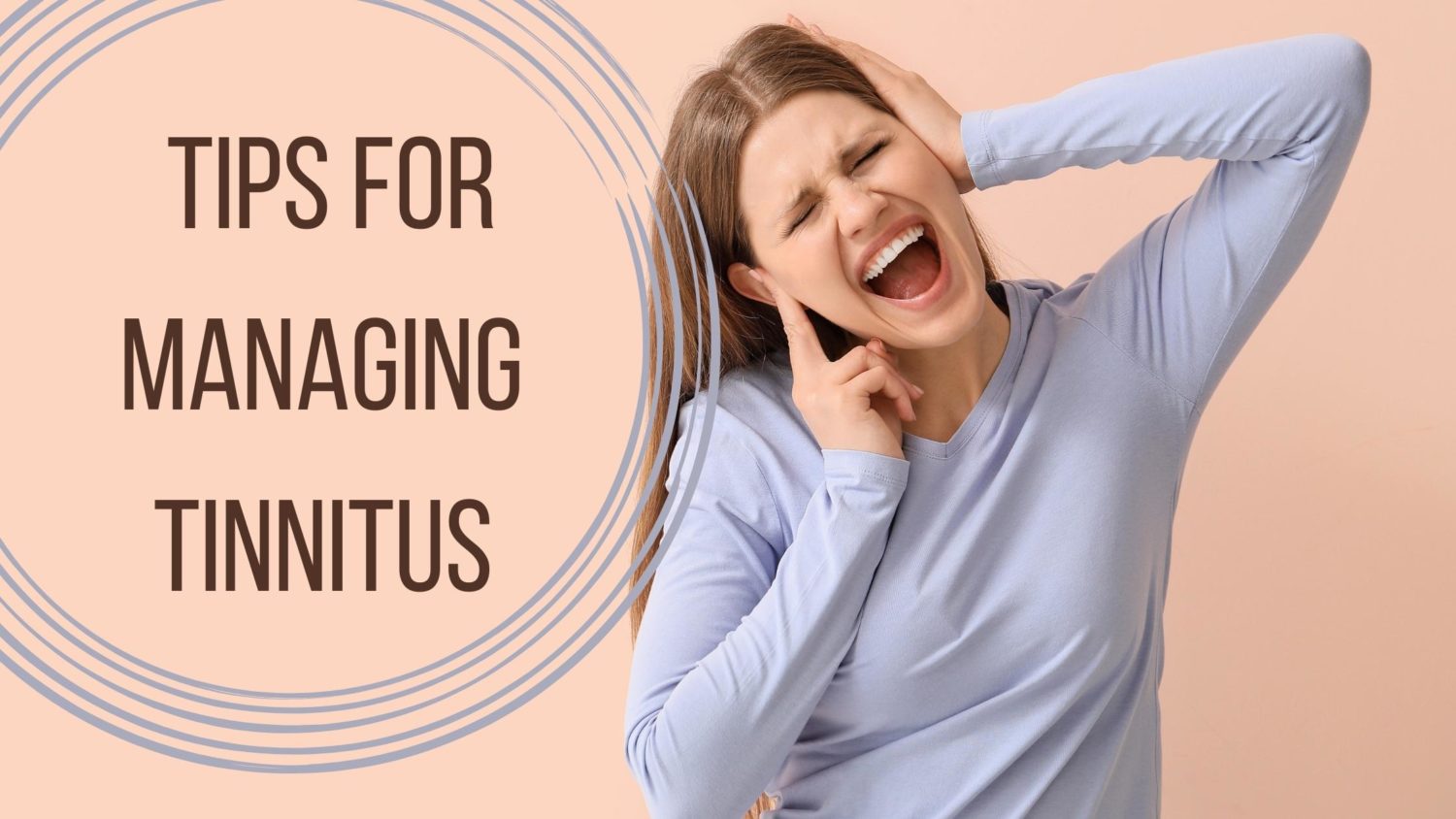- Rechargeable Hearing Aids vs. Battery-operated Hearing Aids - May 16, 2025
- How to Effectively Communicate with Someone with Hearing Loss - May 7, 2025
- Understanding and Treating Itchy Ears - April 27, 2025
Do you find that you crave peace and quiet, just to be met with a buzz or hum in your ears instead? If this is happening to you, you are most likely dealing with symptoms of tinnitus. Tinnitus is a perceived static sound in the ears that seems to have no external source. As you can imagine, when you feel you can’t escape a sound from your own mind, it can be incredibly stressful or frustrating. The U.S. Centers for Disease Control (CDC) estimates that nearly 15% of the general public or over 50 million Americans, experience some form of tinnitus. A buzz in the ears every now is not a big deal, but for approximately 20 million people in the US, burdensome chronic tinnitus can cause anxiety and loss of sleep.
What Causes Tinnitus?
It is believed that tinnitus occurs due to damage in the inner ear. Within the ear are tiny hair cells called stereocilia, which send sound information to the brain. When a number of factors, such as loud noise, some chemicals, old age, infection or impact to the head cause damage to the stereocilia, they can send a sort of feedback to the brain. This feedback is what the brain interprets as the symptoms of tinnitus. Hearing loss is a similar condition because it is also caused by damage to the stereocilia. There is no cure for tinnitus, but there are several methods which have been successful in lessening the symptoms. Here are just a few for you to consider so you can find the best method or combination of methods for you.
Your Response
While the perception of tinnitus occurs due to damage in the ears, your response informs an aspect of the severity. Stress and anxiety can make the symptoms of tinnitus significantly worse. One method which has worked for many to relieve tinnitus is cognitive-behavioral therapy (CBT). CBT is a type of talking therapy in which your therapist helps you explore your response to tinnitus. Changing your response can deprioritize a stress response and lessen symptoms.
Limit Excessive Consumption of Alcohol or Caffeine
Both these substances can increase stress levels and the presence of tinnitus. Many people ingest high levels of caffeine during the day, which makes it harder to sleep at night. Similarly, excessive alcohol can often interrupt sleep patterns and leave people with devastating hang overs which leaves them more prone to stress and tinnitus during the day.
Quit Smoking
If you smoke, you are probably used to hearing people tell you why you should quit. If you are a smoker who suffers from chronic and bothersome tinnitus, here is just one more reason: Smoking acts as a stimulant and restrains blood flow, which can worsen tinnitus symptoms. Many studies have reported that tobacco users are 70 percent more likely than non-smokers to struggle with hearing loss and tinnitus.
Meditation
Many have found that, because tinnitus can be brought on by stress, meditation has made a significant impact on the symptoms. There are many ways to meditate, however in most instances, it requires you to focus on one thing – just being. This is much harder than it may seem, but when achieved, those plagued with chronic tinnitus have reported that their tinnitus has simply faded into the background of their consciousness.
More Ways to Relax
Any way that you can find relaxation can eliminate excessive focus on tinnitus. Try exercise, yoga or spending time with loved ones and friends. Everyone finds peace in different ways, so whatever works for you is a valid strategy for preventing chronic tinnitus.
Protect Your Hearing
Of the estimated 50 million people who suffer from hearing loss, 90 percent also experience some form of tinnitus. If you’ve ever been to a loud concert and left with the ring of tinnitus, this is a sign that you’ve experienced some hearing damage. By protecting your ears, you can prevent worsening tinnitus. Hearing protection can lower the decibel level of sound from 15 to 33dB, making a big difference in many instances. When you can predict exposure to loud sound make sure to bring hearing protection.
Masking
Many times, covering the sound of tinnitus with a white noise machine, music or talk radio can help. Many hearing aids now have features that offer masking so you can make sure persistent tinnitus isn’t too noticeable during the day. To find out what hearing aids can do for you and more tips on dealing with tinnitus, make sure to schedule a hearing test today!

